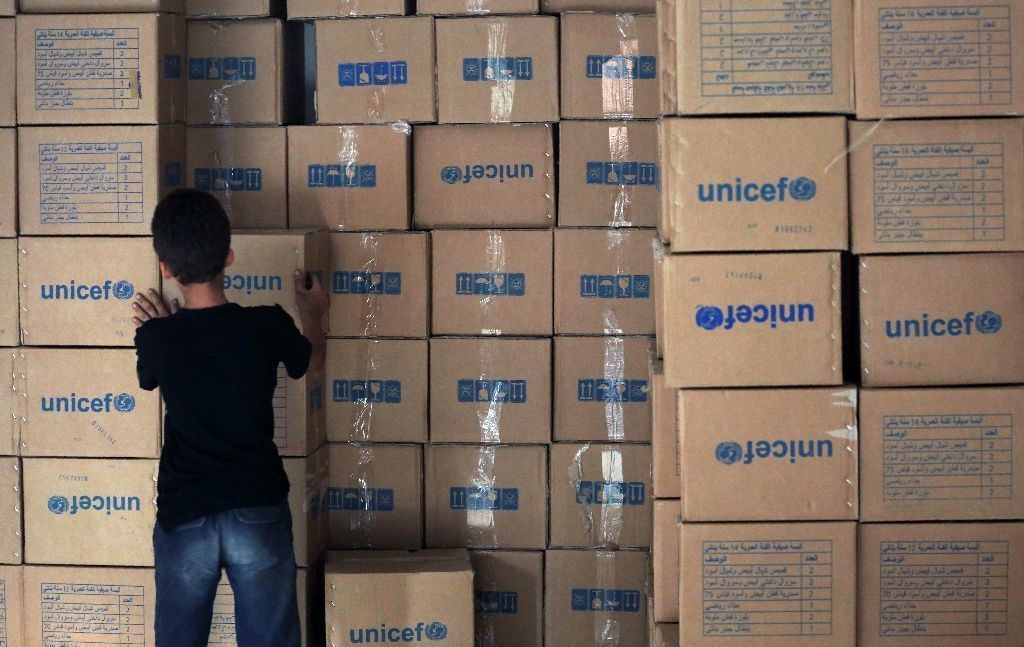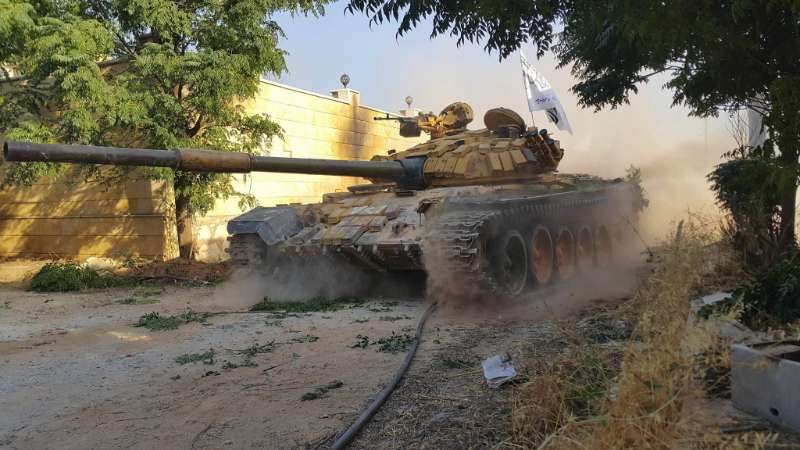
The UN has called on the Assad regime to “immediately” allow life-saving aid into eastern Aleppo, where about 300,000 people are living under siege, while Syrian rebels said they will do their part of the deal but have little hope in its success.
Under the ceasefire agreement, made by US and Russia who back opposing sides in the five-year-old war, a nationwide truce from sundown on Monday was promised,as well as improved access for humanitarian aid and joint military targeting of hardline Islamist groups.
Speaking in Geneva, Switzerland, on Thursday, Staffan de Mistura, the UN special envoy, said there were 20 aid lorries ready to cross the border from Turkey into Syria, and make it to Aleppo city where a cessation of hostilities was holding “by and large”.
“The Syrian government promised permits for UN aid convoys before the ceasefire … they have not been received,” de Mistura said. “This is something that is required to happen immediately.”
Jan Egeland, secretary-general of the Norwegian Refugee Council and special adviser to the UN envoy, decried the ineffectiveness of all parties in taking advantage of the truce, saying that aid could reach Aleppo by Friday.
“Can grown men please stop putting bureaucratic roadblocks in place to stop aid workers doing their jobs to help civilians – wounded women and children?”
“The reason we’re not in eastern Aleppo has again been a combination of very difficult and detailed discussions around security monitoring and passage of roadblocks – which is both opposition and government,” Egeland told Reuters.
He said he hoped aid could go to Aleppo on Friday, but first all fighting forces had to disengage from the Castello Road supply route.
Withdrawal from Castello road, Aids delivery on Friday
As the only supply route into the embattled part of Syria’s largest city, Castello Road plays a crucial role in ensuring that residents of Aleppo, who are largely dependent on outside aid, can receive food, medical items and other essentials.
Twenty lorries loaded with much-needed food and other aid have been awaiting clearance at the Turkish border since Wednesday for the journey to Aleppo.
“I’ve urged the Russian government to make sure that they exercise influence on the Syrian government, and also the American side to make sure that Syrian armed groups, they also fully cooperate,” Ban Ki-moon, UN secretary-general, said on Wednesday.
The rebels said they will withdraw from the road to allow humanitarian aids to be delivered on Friday.
“Today the withdrawal is supposed to happen, with aid entering tomorrow. This is what is supposed to happen, but there is nothing to give hope,” Zakaria Malahifji, of the Aleppo-based rebel group Fastaqim, told Reuters.
Russia, said on Wednesday it was preparing for the Syrian army and rebel fighters to begin a staged withdrawal from the Castello road. But neither side had started its withdrawal on Thursday morning.
There was no comment from state media or the army about the proposed withdrawal.
Malahifji, Fastaqim’s political officer, said rebels were prepared to withdraw but were worried that the other side would take advantage of such a move. “There is great fear because the regime exploits every opportunity,” he said.
Government forces seized control of a section of the Castello Road in July, part of its effort to fully encircle the opposition-held eastern half of Aleppo.
“If the regime withdraws 500 meters, east and west (of the road) … then the guys will be able to withdraw a bit,” Malahifji said. “But the regime is not responding. The guys can see its positions in front of them.”
The Syrian crisis began as a peaceful demonstration against the injustice in Syria. Assad regime used to fire power and violence against the civilians and led to armed resistance. 450.000 Syrians lost their lives in the past five years according to UN estimates, and more than 12 million have lost their homes.



